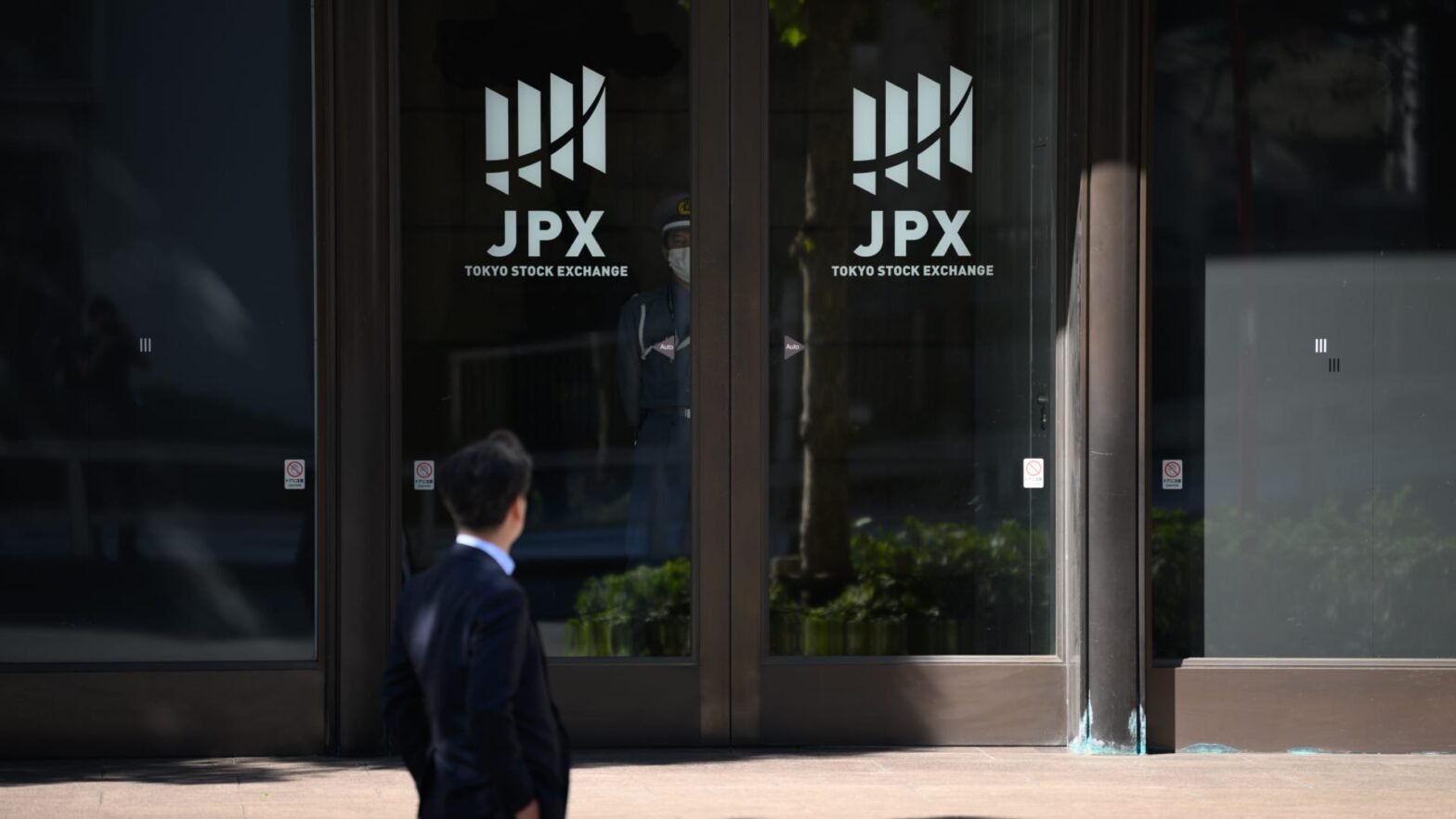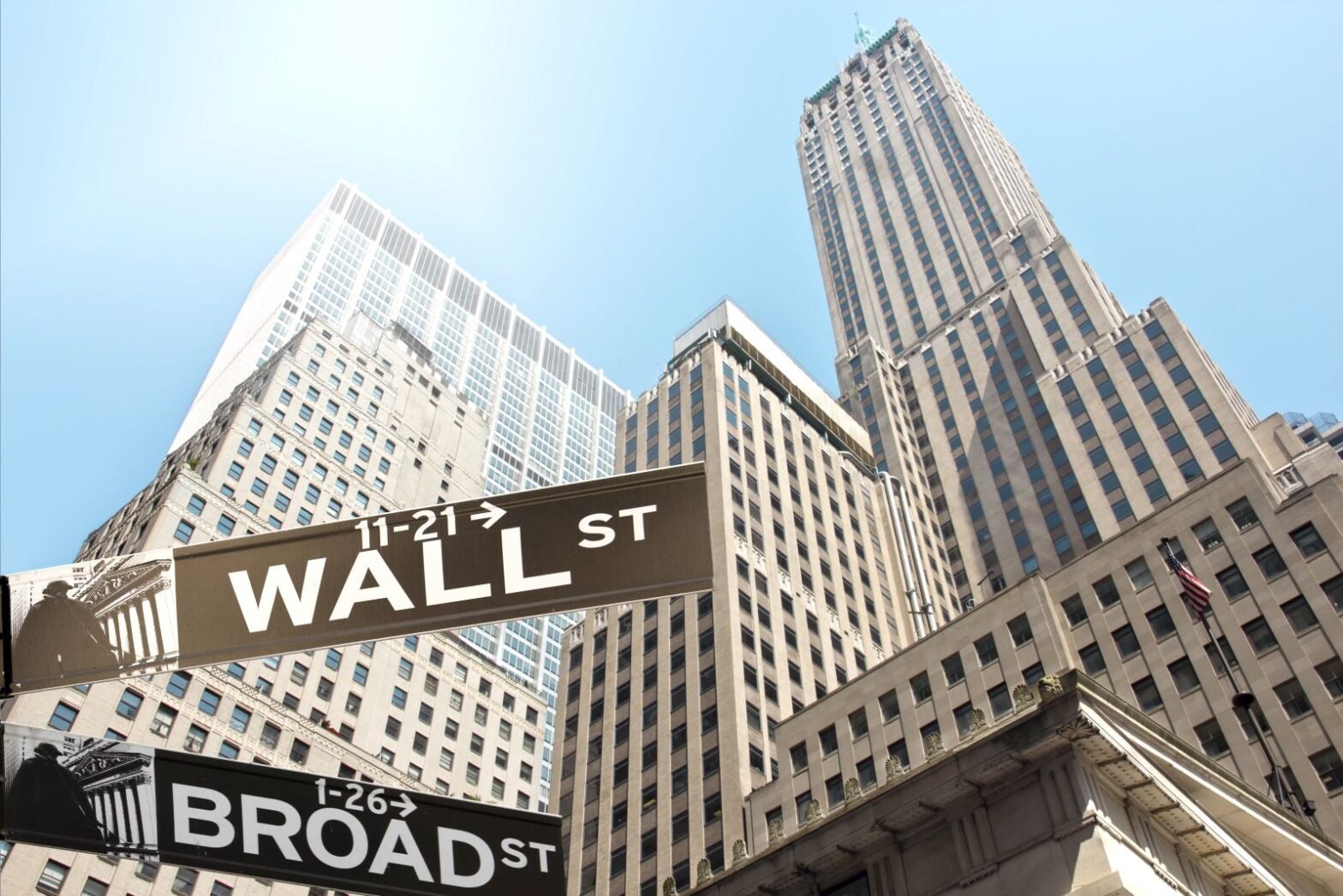Japan’s corporate inflation rate rises 0.2% in January
Japan’s corporate goods price index rose 0.2% in January from a year ago, beating the 0.1% expected by economists polled by Reuters. That compares with the revised 0.2% growth rate for December.
On a month-on-month basis, corporate inflation in Japan remained flat, slowing from the 0.3% seen in December.
The CGPI measures the price changes of goods traded within the corporate sector.
— Lim Hui Jie
CNBC Pro: As the Year of the Dragon begins, the pros name sectors – and stocks – to play the Chinese market
A slump in foreign direct investments, plummeting inflation levels and a shake up in the stock market, has put pressure on the Chinese economy, causing several investors to turn cautious on the Asian powerhouse as it marks the start of the Year of the Dragon.
“I’m still positive and optimistic on China right now. However, I think that the cyclical upturn has been much slower than I expected. I don’t want to be binary and say China is collapsing – because it is not. I believe the strength of the economy has been a little weaker, but it is still recovering and still growing,” he told CNBC Pro.
Elsewhere, Morningstar’s analysts see that “China equities are relatively still cheap,” naming sectors – and stocks – they like right now.
CNBC Pro subscribers can read more here.
— Amala Balakrishner
CNBC Pro: Goldman names 3 ‘attractive’ value stocks that offer more than 50% upside
Goldman Sachs has identified three “attractive” value stocks that could see significant share price appreciation over the next 12 months.
The Wall Street bank said all three under-the-radar companies stand out amongst their peers for their cheap valuations compared to earnings growth prospects.
CNBC Pro subscribers can read more here.
— Ganesh Rao
Wage growth is not a worry for inflation, JPMorgan’s David Kelly says
January’s jobs report showed hourly earnings rising 4.5% year over year, but that doesn’t mean a new bout of inflation is around the corner, according to JPMorgan Asset Management chief global strategist David Kelly.
The strategist said at the Exchange ETF conference on Monday that, if anything, American workers aren’t pushing hard enough for raises, which is helping inflation fall.
“If you want to understand why we’re having inflation come down at such a full employment economy, this is why: Because the American workers aren’t asking for a raise. Not really, not in the way that they could,” Kelly said.
He pointed to low union membership as a reason why workers are hesitating to push for big raises even with unemployment below 4%.
Kelly also said that rising productivity means that wages can grow more than inflation without causing another spike in prices.
“Wages should go up by the sum of consumer inflation plus productivity. Right now productivity growth is strong, and that means there’s nothing wrong with 4% wage [growth],” Kelly said.
— Jesse Pound
Bitcoin touches $50,000 for the first time in more than two years
Bitcoin jumped above $50,000 Monday, at one point reaching its highest level in more than two years.
The price of the flagship cryptocurrency was last higher by 3.5% at $49,875.00, according to Coin Metrics. Earlier, it rose to $50,334.00, its highest level since December 2021. Ether was higher by more than 4% at $2,624.45, after rising to $2,638.62 for the first time since Jan. 12.
Monday’s climb pulled crypto equities higher. Crypto exchange Coinbase gained more than 3% while bitcoin proxy MicroStrategy advanced nearly 10%. Several mining stocks were up double digits. CleanSpark rose about 14% and Iris Energy surged 15%. Marathon Digital gained 13%.
— Tanaya Macheel
Arm Holdings soars as much as 42% Monday, two days after jumping 48%
British software and semiconductor designer Arm Holdings Plc soared as much 42% on Monday, two trading days after jumping 48% in reaction to earnings reported post-market Feb. 7. Arm has almost doubled in February in the wake of fiscal third quarter sales and net income, and forward financial guidance, that all exceeded analysts’ highest estimates.
The issue for institutions and Main Street investors alike is the limited number of shares available for trading in Arm, which went public last September in a highly-anticipated offering at $51 a share. The stock priced at the top end of an expected range of $47-$51, and then closed 25% higher on its first day of trading.
Arm Holdings Plc shares in the U.S. over the past month.
Roughly 95.5 million shares were sold in the IPO five months ago, out of a total outstanding of some 1.03 billion. Of those 95.5 million, about 9.3 million were recently reported to have been sold short, down from 10.7 million shares the month before.
Japanese tech investor and telecom provider Softbank Corp., itself up 10% in over the counter trading Monday in the U.S., continues to own about 90% of Arm. According to FactSet, institutional investors combined only own 7.2% of Arm shares that are currently available for trading.
— Scott Schnipper















